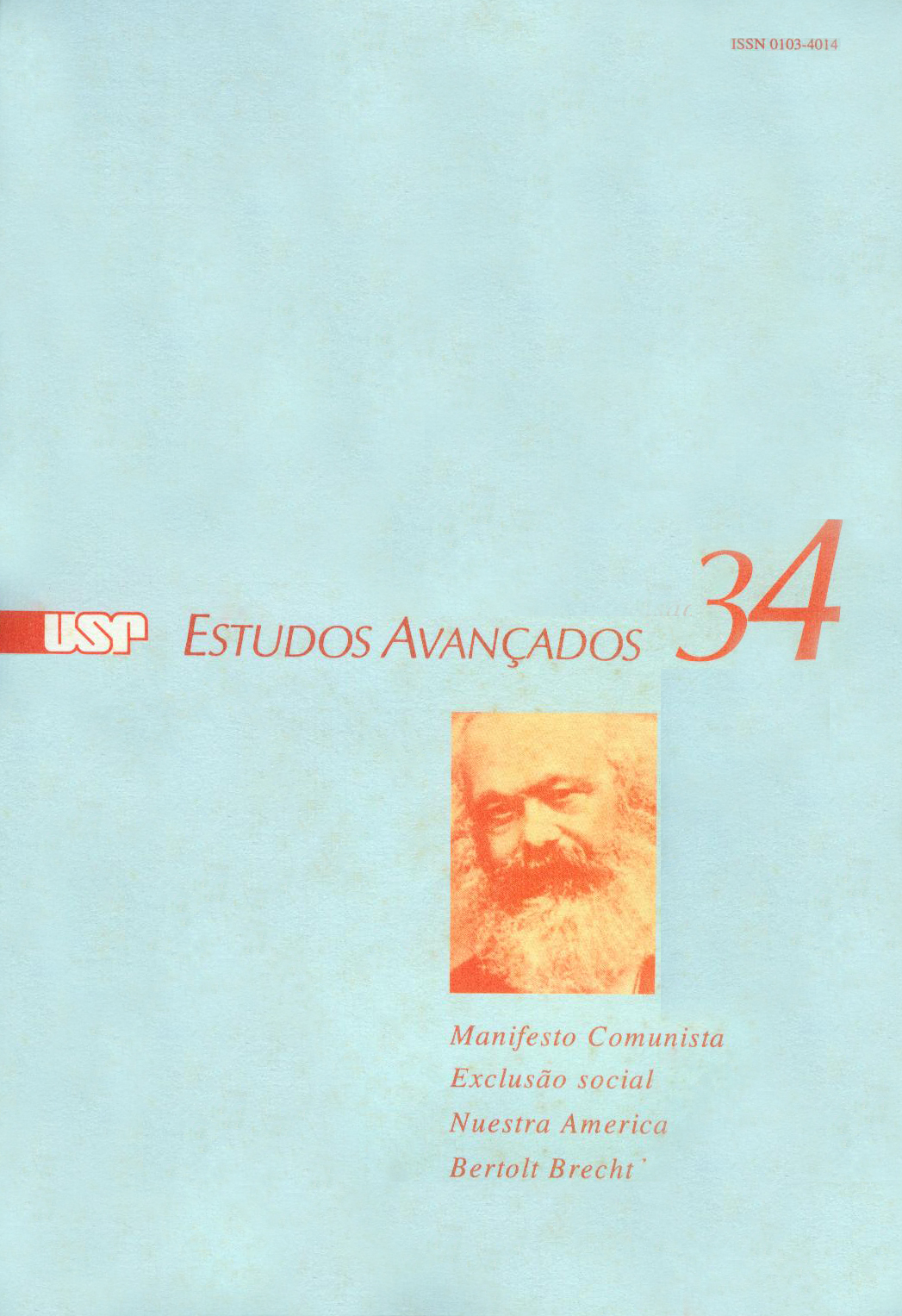Medio siglo de desarrollo en la Amazonia: ¿existen esperanzas para su desarrollo sustentable?
Abstract
AMAZON NATURAL resources destruction trends continues to increase, especially deforestation, despite changes in rethoric that during the last 50 years moved from conquest and exploitation to sustainable development. However, a few positive changes are noticeable: Amazon people's participation in decision making increased, the Amazon Treaty is starting to produce practical results, the international concerns are better oriented, there are more and better documented success stories to replicate and, several pervasive and prejudicial myths about the Amazon are being lost. Urban population growth is one of the principal changes in the Amazon. Over 60% of the Amazon population are urban and its influence in policy making is very high and not necessarily favorable to sustainable development. In this paper are explored some of the reasons for which development is not sustainable in the Amazon: a sustainable development paradigm ill defined and poorly understood, a persistent lack of identification of actors and their conflicts in most planning exercises, growing fragility of states to organize and provide the rules of the game for development and, of course, the application of the economic growth as dominant strategy combined with lack of education and social order, corruption and other associated evils, are briefly discussed. Two strategic actions, that are not new, are considered central to gradually change the pattern of development in the Amazon: intensification of the use of the land and productivity elevation in already deforested areas (well over 100 million hectares that currently produce very little or nothing); the valuation and payment, at national and international scale, of the environmental services of the forests. These two central requirements are coupled by several other well-known and complementary possibilities such as natural forest management; establishment and management of protected areas, redefinition of success indicators for the Amazon, ecotourism etc. Education, information and participation are essential to allow democracy to play its role in sustainable development.Downloads
Download data is not yet available.
Downloads
Published
1998-12-01
Issue
Section
Nuestra América
License
Estudos Avançados não celebra contrato de cessão de direitos autorais com seus colaboradores, razão pela qual não detém os direitos autorais dos artigos publicados. Os interessados em reproduzir artigos publicados na revista devem necessariamente obter o consentimento do autor e atribuir devidamente os créditos ao periódico.
How to Cite
Dourojeanni, M. J. (1998). Medio siglo de desarrollo en la Amazonia: ¿existen esperanzas para su desarrollo sustentable? . Estudos Avançados, 12(34), 187-218. https://journals.usp.br/eav/article/view/9087


